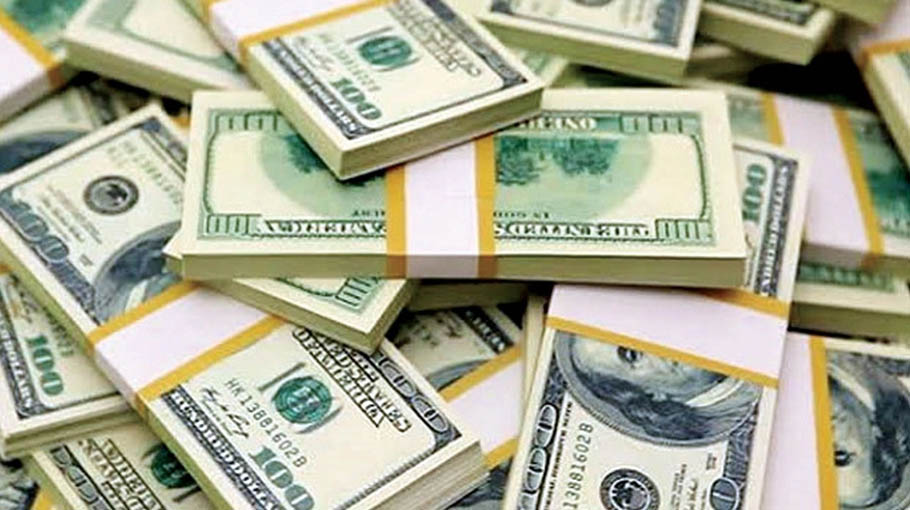Inflation, dollar price challenges in next budget

Controlling inflation and price of the dollar are a big challenge in the fiscal 2022-23 budget as these indicators have emerged as a new pressure on the economy.
Inflation has been above 6 percent for three months. All daily commodities including rice, pulses, flour, and oil are being bought and eaten at higher prices. If the rate of inflation rises, a section of the people just above the poverty line is in danger of becoming poor again.
The dollar needs to be kept stable to reduce the cost of imports to control inflation. There is no opportunity to stop the rising prices of daily commodities in the international market. As a result, the government is taking steps to increase tariffs on lesser-needed and luxury goods to discourage imports.
Market analysts said that it is possible to control the rise in prices of domestically produced goods by keeping a close eye on the domestic market to control inflation.
The government needs to determine market strategies to keep inflation at a tolerable level, they said, adding that the poorest people who have suffered the most under the pressure of inflation will have to be protected with cash and food aid through the budget.
“Because, inflation is like a kind of tax. If wages or income do not increase in line with the increase in the price of goods, the pressure on people with limited income increases. Their actual purchasing power decreases, an expert said.
State Minister for Planning Dr Shamsul Alam said the government is giving utmost importance to controlling inflation in the next budget.
The scope of social security programmes is being increased to protect the poor, he said, adding that food aid will increase significantly.
“For the first time, the allocation for social security will exceed 3 percent of gross domestic product (GDP). Apart from this, there is special allocation for job creation in certain areas. Tariffs are being raised to discourage imports of lesser goods. Inflation cannot be controlled by keeping the dollar price at an unreasonable level. The dollar price should be left to the market. The price will be right according to the market demand,” he mentioned.
Former adviser of a caretaker government, AB Mirza Azizul Islam said the biggest challenge to Bangladesh's economy now is inflation.
“This important indicator of the economy is increasing. The government should give the most emphasis in the budget for helpless people. Increase the amount of benefits and number of beneficiaries, including old age allowance, widowhood, divorce, disability allowance and so on. At the same time proper use of all these allowances must be ensured,” he mentioned.
Dr Zahid Hussain, former lead economist at the World Bank, said this time the challenge of macro-economy is different.
The main priority in the budget this time will be to keep the macro-economy stable and keep inflation under control, he mentioned.
“Inflation must be kept tolerable at any cost. There may be some measures in the budget to address the imbalance in the dollar market. Poverty, inequality reduction and education-health must be well allocated,” he added.
On June 9, Finance Minister AHM Mustafa Kamal will announce the proposed national budget for 2022-23 fiscal at 3:00 pm at the Jatiya Sangsad. A general discussion on the supplementary budget will be held on June 12.
However, the initial size of the next budget is set at about Tk 677,864 crore, up Tk 74,000 crore over the current fiscal’s and the target for revenue income is Tk 431,657 crore.




